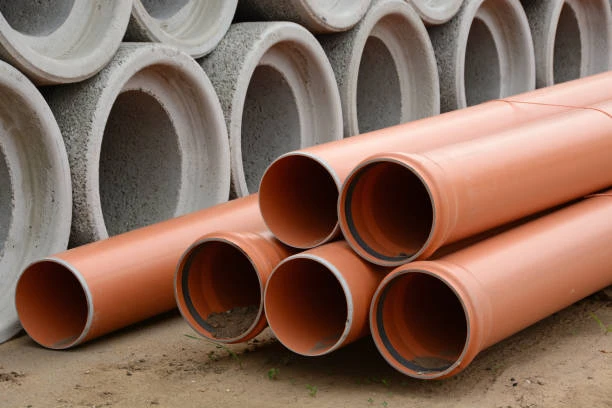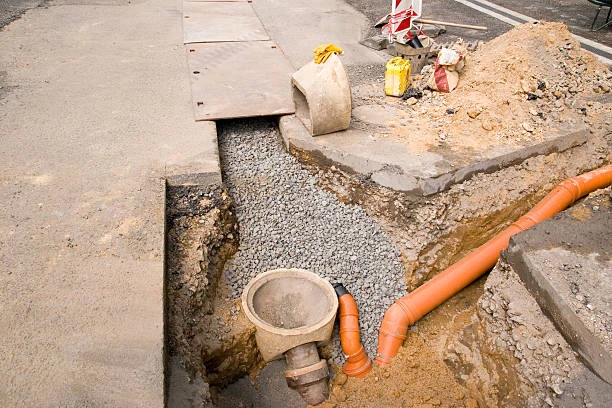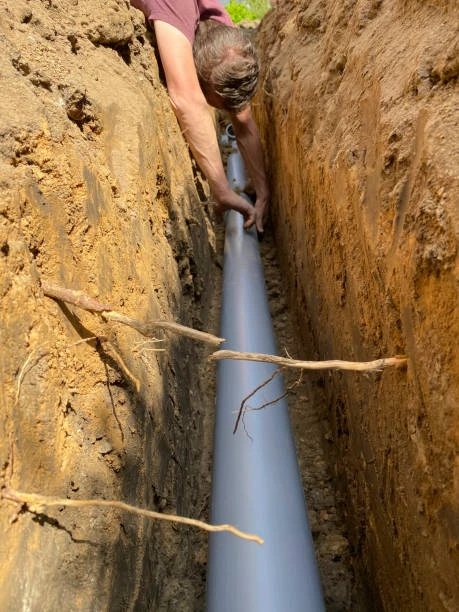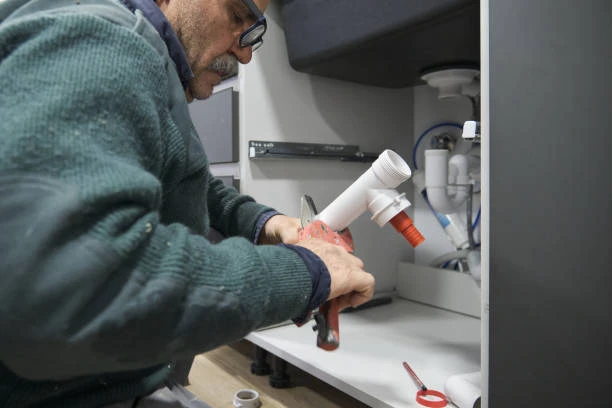When it comes to plumbing materials, safety and compliance are paramount. One of the most recognized standards in North America for drinking water system components is NSF/ANSI/CAN 61. This standard establishes health effects criteria for products that come into contact with drinking water. In this article, we will explore what NSF/ANSI/CAN 61 means for PVC pipes, particularly focusing on CPVC fittings, their safety, and their applications in plumbing systems.
Understanding NSF/ANSI/CAN 61
NSF/ANSI/CAN 61 is a standard develop by NSF International, an independent organization that tests and certifies products to ensure they meet public health and safety standards. This certification verifies that a product does not leach harmful contaminants into drinking water and is safe for use in potable water applications.
Importance of Certification
- Health Safety: Certification ensures that materials used in plumbing do not introduce harmful substances into drinking water. This is especially crucial for materials like PVC and CPVC, which are widely utilize due to their durability and cost-effectiveness.
- Regulatory Compliance: Many states and municipalities require NSF/ANSI/CAN 61 certification for plumbing materials. Using certified materials ensures compliance with local regulations, reducing the risk of legal issues.
- Consumer Confidence: Homeowners and businesses prefer to use certified products, as it provides peace of mind regarding the safety of their drinking water.
What Are CPVC Fittings?
CPVC (Chlorinated Polyvinyl Chloride) fittings are components use to connect pipes in plumbing systems. Unlike standard PVC, CPVC is treat to withstand higher temperatures, making it suitable for both hot and cold water applications.

Advantages of CPVC Fittings
- Heat Resistance: CPVC fittings can handle temperatures up to 200°F (93°C), making them ideal for hot water lines.
- Chemical Resistance: CPVC is resistant to many chemicals, ensuring longevity even in industrial environments.
- Ease of Installation: Lightweight and easy to handle, CPVC fittings reduce labor costs and installation times.
- Durability: With a lifespan exceeding 50 years, CPVC fittings require minimal maintenance and replacement.
The Relationship Between CPVC and NSF/ANSI/CAN 61
CPVC fittings that are certified to NSF/ANSI/CAN 61 undergo rigorous testing to ensure safety and compliance. Here’s why this certification is vital for CPVC:
1. Assurance of Safety
NSF/ANSI/CAN 61 certified CPVC fittings guarantee that no harmful chemicals leach into the water supply. This is particularly important in residential plumbing, where families rely on safe drinking water.
2. Compatibility with Water Systems
The certification confirms that CPVC fittings are compatible with existing water systems, ensuring optimal performance and longevity. This compatibility makes them a preferred choice for new construction and renovation projects.
3. Enhanced Marketability
Manufacturers of CPVC fittings often highlight their compliance with NSF/ANSI/CAN 61 as a selling point. This certification enhances marketability, as consumers are increasingly aware of the importance of using certified materials in plumbing.
Common Misconceptions About CPVC and NSF Certification
Despite the clear benefits of NSF/ANSI/CAN 61 certification, there are some misconceptions surrounding CPVC fittings:
1. All PVC Products Are Safe
Not all PVC products are created equal. Only those that are certify to NSF/ANSI/CAN 61 can be deemed safe for drinking water applications. It’s essential to check for certification labels before purchasing.
2. Certification Guarantees Longevity
While certification ensures safety, it does not guarantee the product’s longevity. Proper installation and maintenance are crucial for maximizing the lifespan of CPVC fittings.
3. Certification Is Only for New Products
Even older CPVC fittings can be certified if they meet the current standards. It’s essential to verify the certification of any plumbing materials being use, regardless of their age.
The Future of CPVC Fittings and NSF Certification
As the demand for safe and reliable plumbing solutions increases, the role of NSF/ANSI/CAN 61 certified CPVC fittings is likely to expand. Innovations in material science may lead to the development of even safer and more efficient plumbing products.
Industry Trends
- Sustainability: There is a growing trend towards sustainable materials in construction. Certified CPVC fittings can play a role in eco-friendly plumbing systems.
- Technological Advancements: Manufacturers are investing in research to improve the properties of CPVC, making it more resistant to environmental factors.
- Increased Regulations: As awareness of water quality rises, more jurisdictions may mandate NSF/ANSI/CAN 61 certification for all plumbing materials.
Conclusion
Understanding NSF/ANSI/CAN 61 is crucial for anyone involve in plumbing. For CPVC fittings, this certification provides assurance of safety and reliability in drinking water applications. By choosing NSF-certified products, homeowners and contractors can ensure they are using materials that meet stringent safety standards, ultimately protecting public health and enhancing consumer confidence.

Frequently Asked Questions (FAQs)
What does NSF/ANSI/CAN 61 certification mean?
- It verifies that products do not leach harmful substances into drinking water, ensuring safety for potable water applications.
Are all PVC pipes certified to NSF/ANSI/CAN 61?
- No, only those specifically tested and certified to this standard can be deemed safe for drinking water.
What are the advantages of using CPVC fittings?
- CPVC fittings offer superior heat resistance, chemical resistance, ease of installation, and a long lifespan.
How can I verify if my CPVC fittings are NSF certified?
- Look for certification markings on the product packaging or consult the manufacturer for certification details.
Is NSF certification required for all plumbing projects?
- While not universally required, many states and municipalities mandate NSF certification for materials used in drinking water systems. Always check local regulations.


















